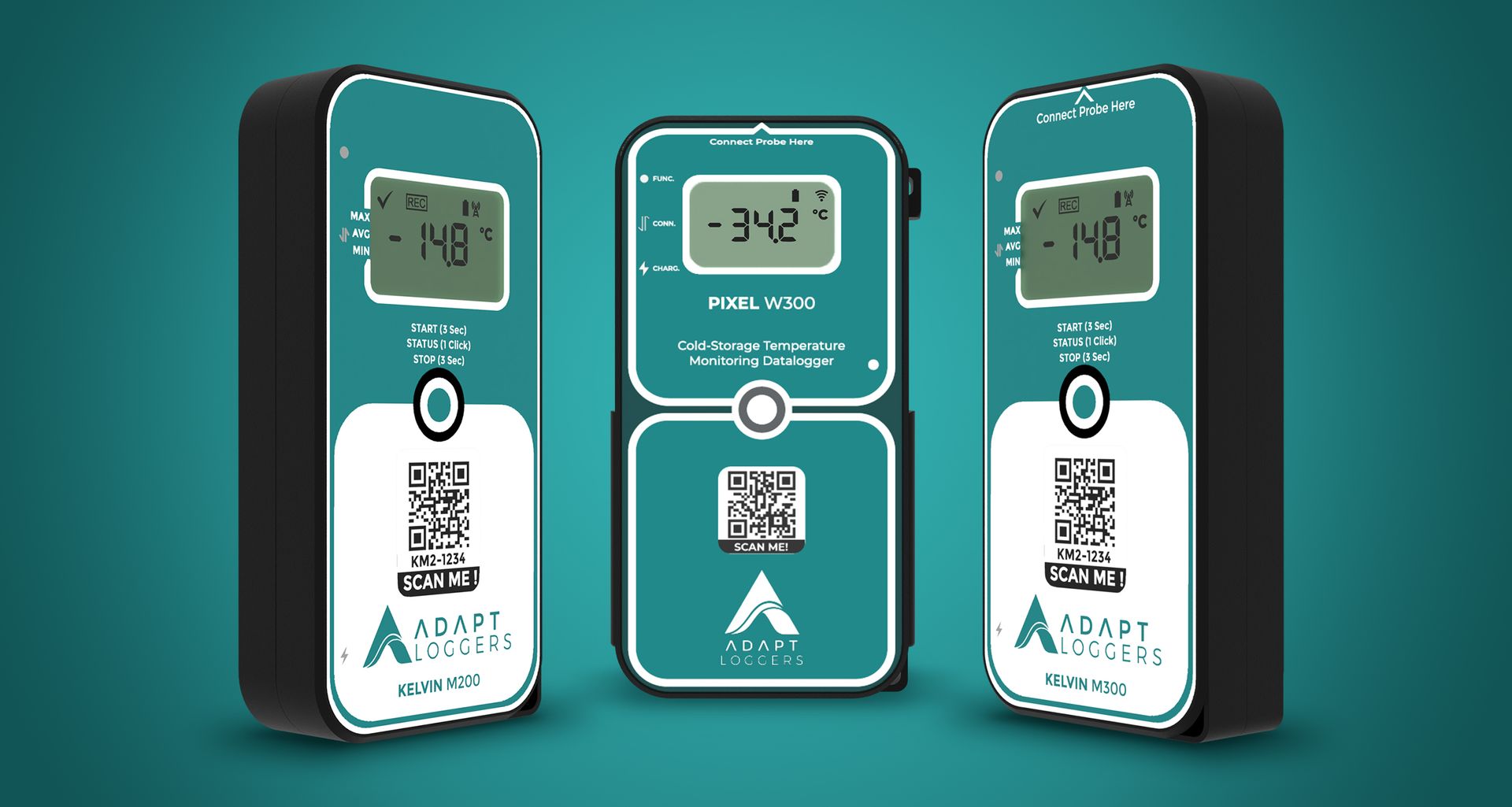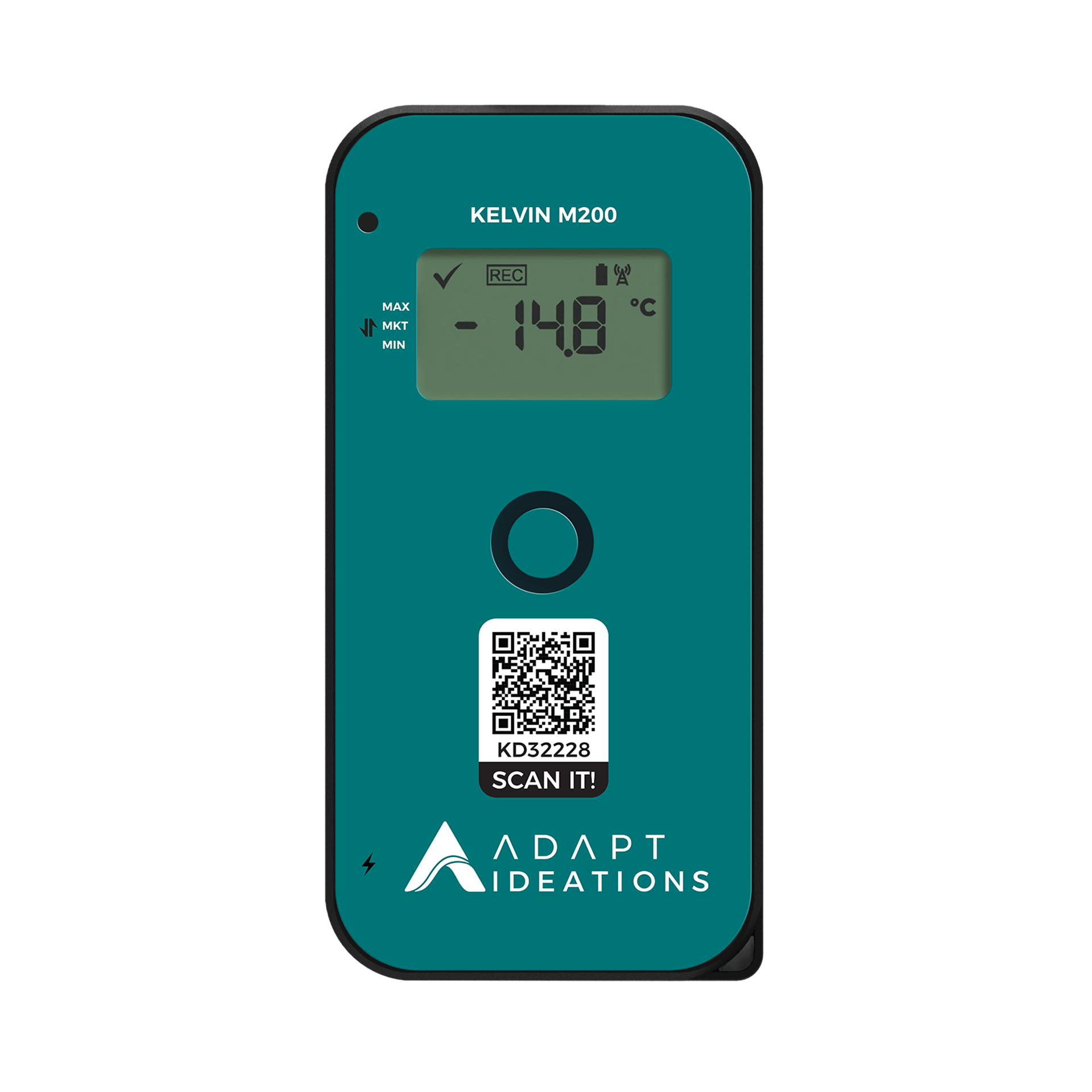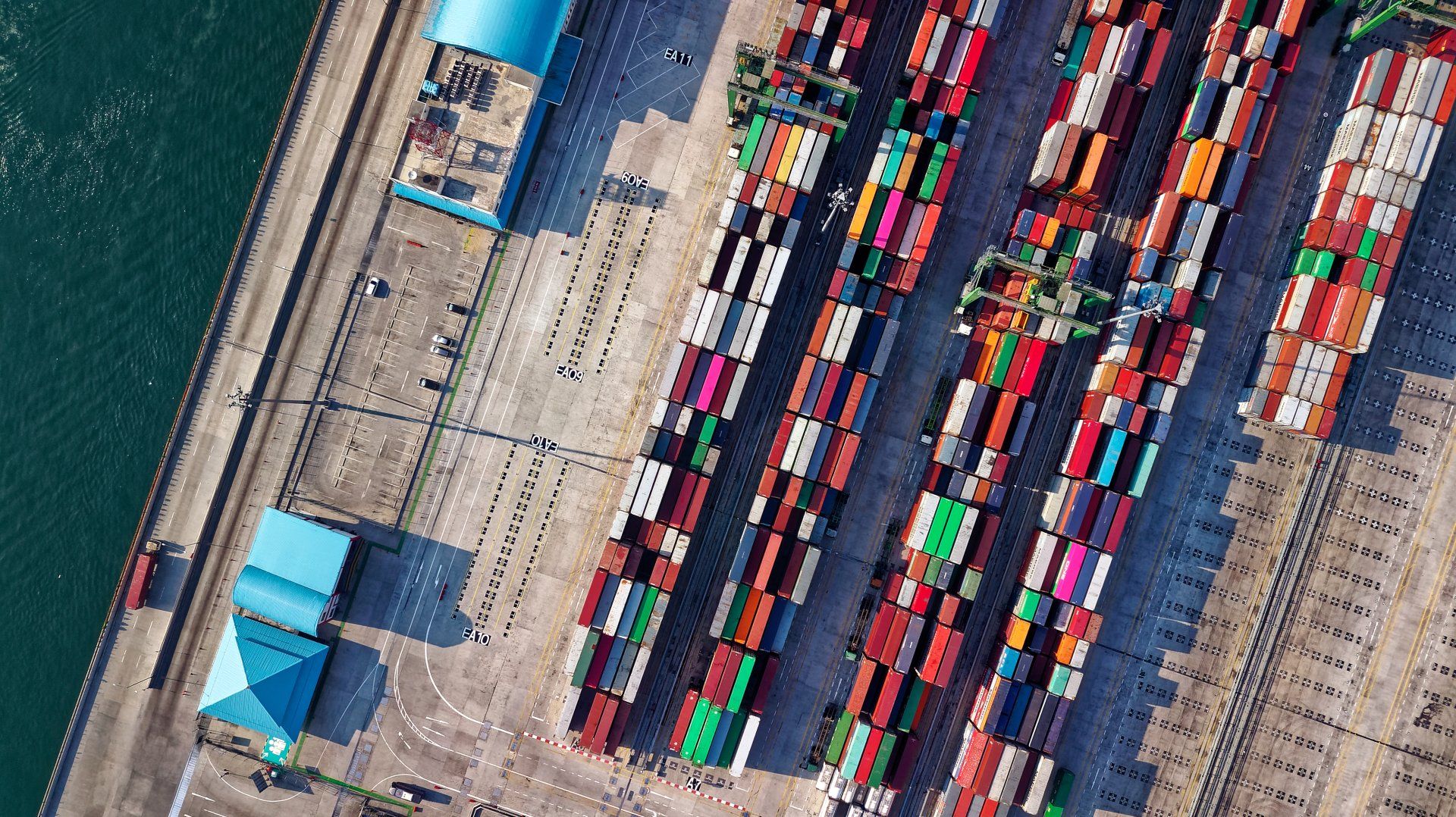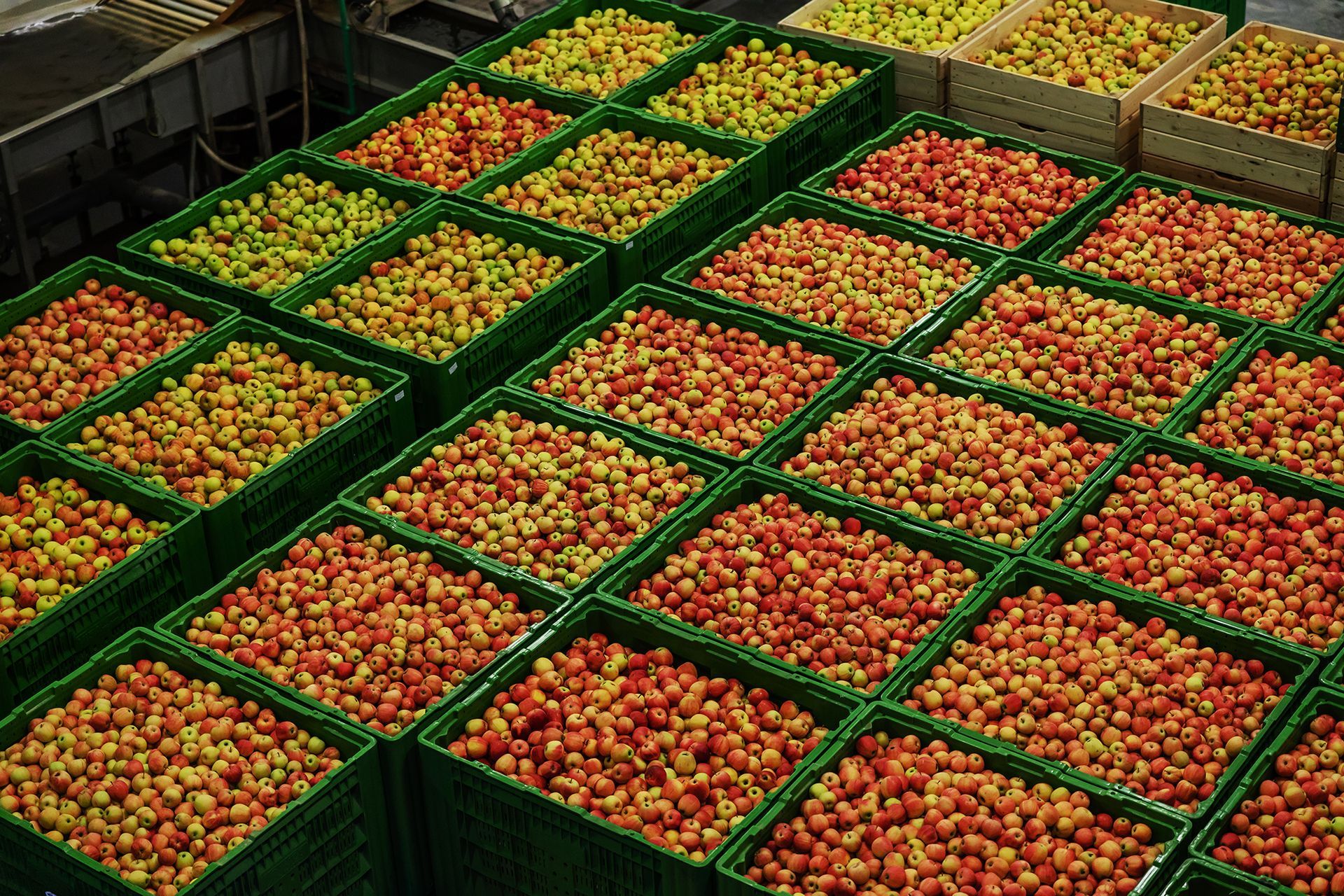Navigating the Chill: The Significance of Sustainable Cold Chain Logistics
The Need for Sustainable Cold Chain Logistics
Global Sustainability Efforts in Cold Chain Transformation
Integration of Eco-Friendly Technologies
Sustainable Cold Chain Innovations
Innovations Shaping the Future
Leading the Way: Embracing Green Logistics
Data-Driven Sustainability: Impact Analysis
The Role of Real-time Monitoring in Achieving Sustainability
Why Real-time Monitoring is a Game-Changer
Real-Time Monitoring: A Personal Perspective
Immediate Responses to Deviations
Empowering Sustainable Decision-Making
Navigating the Chill: The Significance of Sustainable Cold Chain Logistics
In a world propelled by global trade and a burgeoning pharmaceutical industry, the need for sustainable cold chain logistics has never been more critical. The cold chain logistics market alone stood at a staggering $221.85 billion in 2020, poised to reach $647.47 billion by 2028, with a robust CAGR of 15.1%. However, this exponential growth comes with its own set of challenges, such as skyrocketing logistics costs, visibility gaps, and infrastructure bottlenecks. Amidst these challenges, the quest for sustainability emerges as a beacon of hope. This blog dives deep into the transformative journey of cold chain logistics, shedding light on innovative practices that promise a greener, eco-friendly future.
Embark on a journey through the latest innovations shaping the future of cold chain logistics worldwide. From eco-friendly technologies to sustainable supply chain practices. This exploration is a testament to the industry's commitment to a sustainable and resilient future.
As the world collectively strives for eco-friendly supply chain practices, sustainable cold chain logistics emerges as a linchpin in this global vision. Join us as we unravel the interconnected web of sustainability, intertwining with the broader theme of green logistics.
The Need for Sustainable Cold Chain Logistics
Traditional cold chain practices come at a cost – both economically and environmentally. The carbon footprint and waste generated by conventional cold chain logistics practices produce $35 billion in waste annually. These numbers are emphasising the urgent need for a more sustainable approach.
The current cold chain landscape is marred by challenges—expensive logistics costs, lack of visibility, and infrastructure issues. Uncover the pain points of traditional logistics and how sustainability can be the antidote.
What exactly is a sustainable supply chain, and how does it benefit companies in the cold chain sector? This section explores the concept, emphasising the positive impact of sustainable practices on both the environment and the bottom line. Beyond mere cost-cutting, adopting sustainable practices contributes to environmental conservation, brand reputation, and long-term business resilience.
Read more about -
7 Ways To Increase Sustainability Throughout The Supply Chain.
Global Sustainability Efforts in Cold Chain Transformation
International Initiatives:
- EU's Green Deal for Logistics: The European Union's Green Deal emphasises sustainable and digital transformation in logistics, encouraging the adoption of green practices in cold chain operations.
- UN's Clean Development Mechanism (CDM): The United Nations' CDM promotes sustainable practices globally, providing incentives for projects that reduce emissions. Cold chain projects aligned with CDM principles contribute to a more sustainable future.
- UN's Cool Coalition: The United Nations Cool Coalition brings together governments, businesses, and organisations to promote sustainable and efficient cooling methods, including those used in cold chain logistics. Collaborative efforts between governments and private entities in India, supported by the Cool Coalition, have led to the adoption of solar-powered cold storage units, significantly reducing the reliance on conventional, energy-intensive methods.
- Global Cold Chain Alliance (GCCA): The GCCA focuses on fostering environmentally responsible practices within the temperature-controlled supply chain industry, influencing policies and promoting sustainable technologies. Cold chain companies in Europe, affiliated with GCCA, have implemented advanced refrigeration technologies that use natural refrigerants, minimising environmental impact and adhering to stringent sustainability standards.
Integration of Eco-Friendly Technologies:
- Solar-Powered Cold Storage Units: Embracing solar-powered cold storage units reduces reliance on traditional power sources, minimising carbon footprint.
- IoT-Enabled Smart Packaging: Integrating IoT sensors into packaging enables real-time monitoring, reducing wastage by ensuring optimal conditions during transportation.
- Electric & Hybrid Refrigeration Systems: The adoption of electric and hybrid refrigeration systems in transportation contributes to a significant reduction in greenhouse gas emissions compared to traditional diesel-powered systems.
Sustainable Cold Chain Innovations
Innovations Shaping the Future
- Temperature-Sensitive Packaging Solutions: The industry is witnessing a revolution in packaging materials designed for temperature-sensitive products. These materials enhance insulation, reducing the need for excessive cooling. Consequently, decreasing energy consumption and environmental impact.
- Advanced Data Analytics: Cold chain logistics is embracing advanced analytics tools to optimise supply chain routes. It minimises energy consumption and reduces greenhouse gas emissions, aligning the industry with sustainable practices.
- Blockchain Technology Integration: Blockchain is being harnessed to enhance traceability in cold chain operations. It ensures transparency and accountability at every stage, significantly reducing the risk of spoilage and waste.
Leading the Way: Embracing Green Logistics
- Electric Refrigerated Trucks: Visionary companies are revolutionising transportation in the cold chain by introducing electric-powered refrigerated trucks. This innovation significantly reduces carbon emissions, marking a substantial step towards a greener future.
- Solar-Powered Cold Storage Facilities: Cold storage facilities powered by solar energy are becoming more prevalent. These facilities decrease their carbon footprint and contribute to a more sustainable energy landscape.
- IoT-Enabled Monitoring Devices: The Internet of Things (IoT) is playing a pivotal role in real-time monitoring. IoT devices enable immediate responses to deviations in temperature and humidity, preventing spoilage and waste also, ensuring the integrity of the entire cold chain.
Data-Driven Sustainability: Impact Analysis
- Waste Reduction Through Predictive Analytics: The implementation of predictive analytics is transforming waste reduction strategies. By anticipating potential issues in the supply chain, companies can proactively address challenges also, minimising instances of product spoilage and waste.
- Energy-Efficient Refrigeration Systems: Cold chain innovators are adopting refrigeration systems with enhanced energy efficiency. These systems ensure the preservation of products while minimising the ecological impact, contributing to a more sustainable and responsible industry.
- Reusable Packaging Solutions: The adoption of reusable and recyclable packaging solutions is gaining traction. You can shift away from single-use plastics to align with environmental sustainability goals. In addition, reusable packaging solutions can contribute to the creation of a circular and eco-friendly cold chain system.
Real-Time Monitoring: A Personal Perspective
Immediate Responses to Deviations
Real-time monitoring empowers us to act swiftly. Picture this: a shipment is enroute, and unforeseen temperature fluctuations occur. With KELVIN, immediate alerts are triggered. Then, it enables users to take corrective actions. It safeguards product quality and significantly reduces the risk of waste.
Empowering Sustainable Decision-Making
Informed decisions lie at the heart of sustainability. KELVIN & PIXEL IoT devices, in the context of cold storage & logistics, provide a constant stream of data. This data coupled with analytics, helps users make informed decisions backed by data, and helps to minimise waste, and understand if products have remained compliant.
A Greener Tomorrow: Our Commitment at Adapt Ideations
It's worth noting that our devices are not just tools for today; they represent a commitment to a greener tomorrow. With the concept of sustainability deeply ingrained in Adapt Ideations' core, our solutions are designed with reusability in mind.
A Sustainable Tomorrow Starts with a Choice
As you consider real-time monitoring solutions for your cold chain logistics, I encourage you to explore the transformative potential of Adapt Ideations' KELVIN and PIXEL IoT devices. These aren't just products. It is a catalyst for achieving an efficient, compliant, and sustainable cold chain.
Enquire to find out more about our innovative solutions and how they can be utilised at enquiries@adaptideations.com
Awards & Recognition
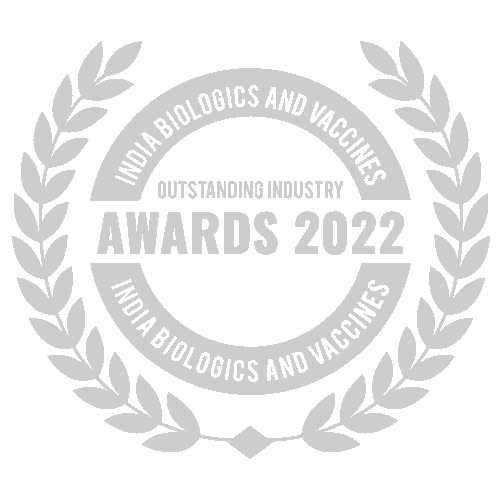
Best Temperature Monitoring Solution Provider
Awarded by India Biologics & Vaccines Outstanding Industry Awards 2022
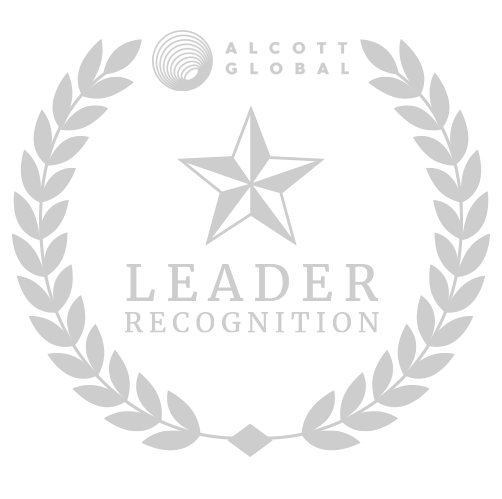
Adapt Ideations Recognised As A Supply Chain Leader
by Alcott Global on Supplify's Supply Chain Tech Map 2.0
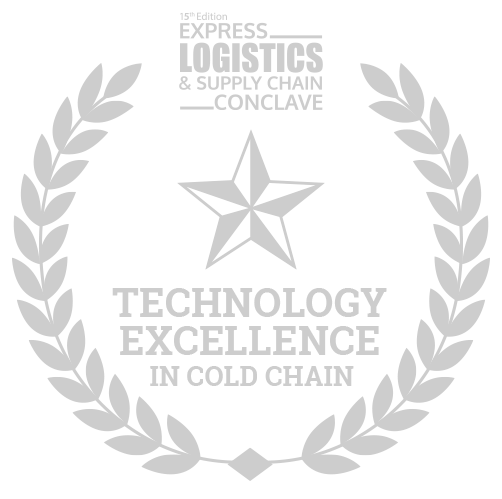
Related Articles.



Our Guides.
Sign up to our monthly newsletter!
Thank you for signing up.
Please try again later


